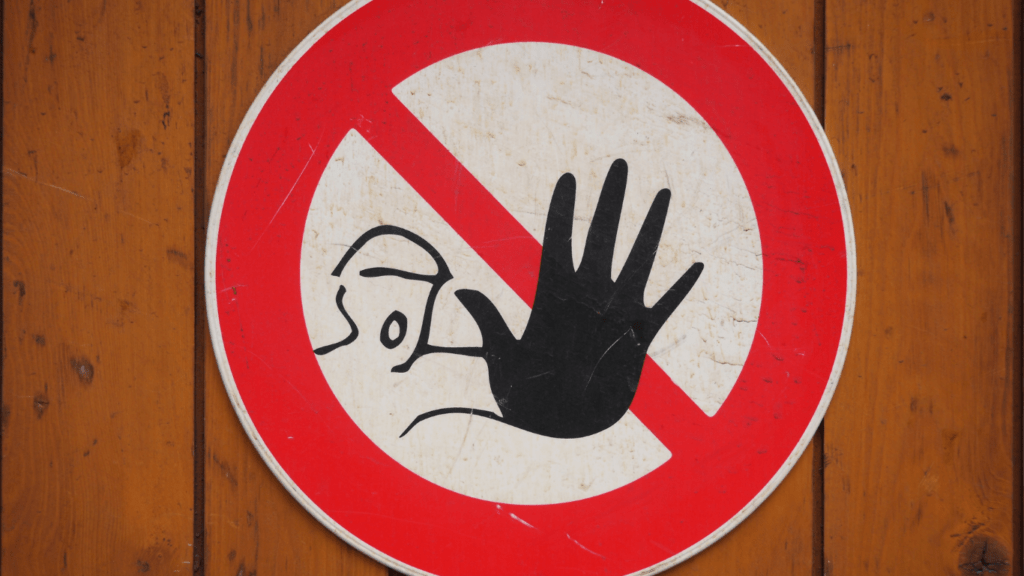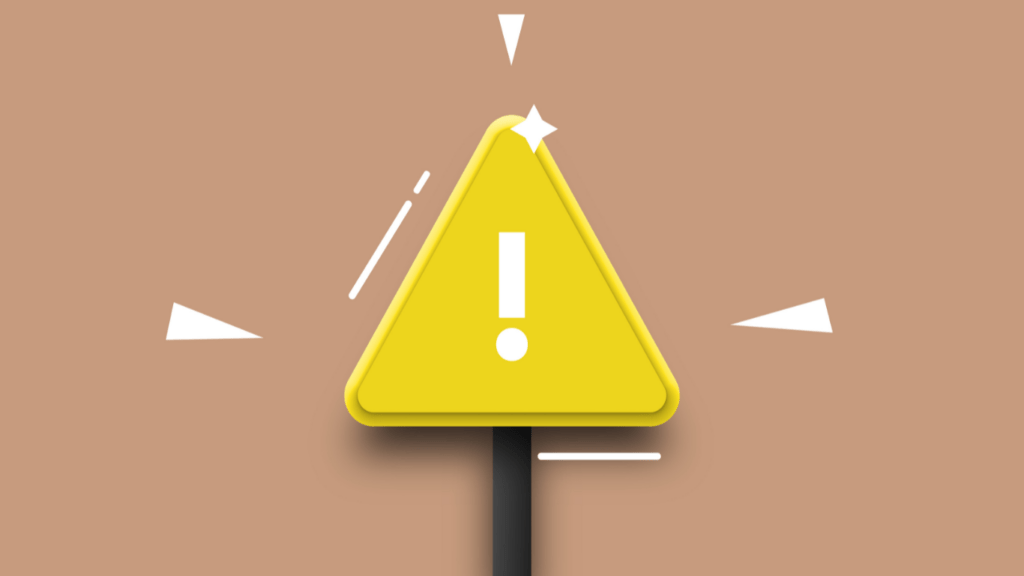Gambling can be a thrilling escape but it can also lead to serious problems if not kept in check. I’ve seen firsthand how easily the excitement of a game can turn into a struggle, impacting not just the gambler but their loved ones too.
Recognizing the signs of problem gambling early can make all the difference in addressing the issue before it spirals out of control. In this article, I’ll share key indicators that can help you spot potential gambling problems.
By understanding these signs, you can take proactive steps to seek help or support someone you care about. Let’s dive into the early warning signs that could signal a deeper issue lurking beneath the surface.
Understanding Problem Gambling
Problem gambling involves a pattern of behavior that disrupts a person’s life, impacting personal relationships, financial stability, and overall well-being. Recognizing this issue early is crucial to preventing further complications.
Definition of Problem Gambling
Problem gambling, also known as gambling addiction or compulsive gambling, refers to a behavioral disorder characterized by an inability to control the urge to gamble despite negative consequences. Symptoms include:
- Preoccupation with gambling: Constant thoughts about gambling activities.
- Increased bets: Needing to bet more money to achieve the same level of excitement.
- Chasing losses: Continuously gambling to recover lost money.
- Neglecting responsibilities: Ignoring work, school, or family obligations.
- Withdrawal symptoms: Feeling restless or irritable when not gambling.
Recognizing these behaviors can help identify problem gambling early.
The Importance of Early Recognition
Early recognition of problem gambling allows for timely intervention, which can lead to significant positive changes in an individual’s life. Early signs include:
- Financial strain: Frequent borrowing or stealing money to gamble.
- Social isolation: Spending less time with friends and family.
- Emotional distress: Increasing anxiety or depression related to gambling.
Addressing these signs promptly can prevent escalation into more severe gambling issues, leading to better outcomes for both individuals and their support systems.
Common Signs of Problem Gambling
Recognizing the early signs of problem gambling is essential for timely intervention. Here are some behavioral and emotional indicators to watch for.
Behavioral Indicators
- Preoccupation with Gambling: I notice that individuals with problem gambling often think about gambling activities, even when they’re engaged in other tasks.
- Increased Bets: Many individuals may gradually increase their betting amounts to sustain excitement or attempt to recover losses.
- Chasing Losses: A common behavior involves returning to gambling in an attempt to recoup lost funds, leading to further financial strain.
- Neglecting Responsibilities: I observe that problem gamblers frequently neglect work, family obligations, or other important activities due to gambling.
- Seeking Access to Funds: Many individuals ask friends or family for money, often hiding the true purpose for needing it related to gambling.
- Withdrawal from Social Activities: Individuals may isolate themselves from friends and family, choosing instead to spend time gambling.
Emotional Symptoms
- Irritability or Agitation: I’ve seen that when unable to gamble, individuals often exhibit signs of irritability or agitation, indicating underlying distress.
- Anxiety or Depression: Many individuals experience heightened levels of anxiety or depression, stemming from gambling-related problems or losses.
- Guilt or Shame: Problem gamblers may express feelings of guilt or shame about their gambling habits, recognizing the negative impact on their lives.
- Increased Stress: I frequently notice that excessive gambling leads to elevated stress levels, often due to financial issues and the pressure of hiding their behavior.
- Euphoria from Gambling: The initial thrill of winning can lead to an unrealistic sense of happiness, which may quickly turn into despair when losses occur.
Understanding these signs can empower individuals and their support systems to address potential gambling problems effectively before they worsen.
Risk Factors for Problem Gambling
Identifying risk factors for problem gambling helps in recognizing individuals who may be more vulnerable. These factors often arise from personal traits or external influences that increase the likelihood of developing gambling issues.
Individual Risk Factors
- Genetic Predisposition: Genetic factors may contribute to a higher risk for gambling addiction, particularly in individuals with a family history of substance abuse or behavioral disorders.
- Mental Health Issues: Conditions like anxiety, depression, or bipolar disorder significantly heighten the risk of problem gambling, as these individuals may use gambling as a coping mechanism for emotional distress.
- Age and Gender: Younger adults, particularly males, display a higher tendency towards gambling problems. It’s crucial to monitor this demographic closely for early signs of addiction.
- Impulsivity: Impulsive individuals often lack restraint in decision-making, which can lead to reckless gambling habits and increased financial risk.
- Low Self-Esteem: Those with low self-esteem may gamble to increase feelings of self-worth or escape from reality, placing them at higher risk for developing compulsive gambling behaviors.
Environmental Influences
- Access to Gambling Opportunities: Proximity to casinos, online gambling platforms, or sports betting significantly increases accessibility, leading to higher gambling frequency and potential problems.
- Social Environment: Peer pressure and social norms surrounding gambling can encourage excessive behaviors. Individuals in environments where gambling is prevalent often face greater risks.
- Cultural Attitudes: Communities that celebrate or normalize gambling may inadvertently foster gambling issues by minimizing the associated risks.
- Stressful Life Events: Events such as job loss, relationship breakdowns, or financial hardship can trigger gambling as a means of escapism, heightening the potential for addiction.
- Marketing and Advertising: Aggressive marketing strategies employed by gambling companies can attract vulnerable individuals, making them more likely to engage in excessive gambling.
Understanding these individual and environmental risk factors plays a crucial role in early identification and intervention strategies.
Strategies for Early Intervention
Recognizing the signs of problem gambling early is crucial for effective intervention. Implementing specific strategies can aid in addressing gambling issues before they escalate.
Approaching the Individual
Approaching an individual exhibiting signs of problem gambling requires sensitivity and understanding. Use direct language when discussing observed behaviors, avoiding judgment and accusations. Focus on expressing concern and support rather than criticism.
When discussing financial strain or emotional distress, offer empathy and ask open-ended questions to encourage dialogue. This approach fosters a safe space for sharing, allowing the individual to express their feelings and thoughts.
Highlight the importance of time together and the support network they have, reinforcing their value outside of gambling activities.
Seeking Professional Help
Seeking professional help is critical for those struggling with problem gambling. Encourage individuals to consult mental health professionals specializing in gambling addiction. Resources may include counseling services, hotlines, and support groups, offering guidance and community support.
Emphasize the effectiveness of treatment plans that may consist of therapy, group sessions, or financial counseling. Inform them about organizations like the National Council on Problem Gambling, which provide valuable resources.
Early professional intervention can lead to tailored strategies for overcoming gambling issues, enhancing recovery prospects and personal growth.





